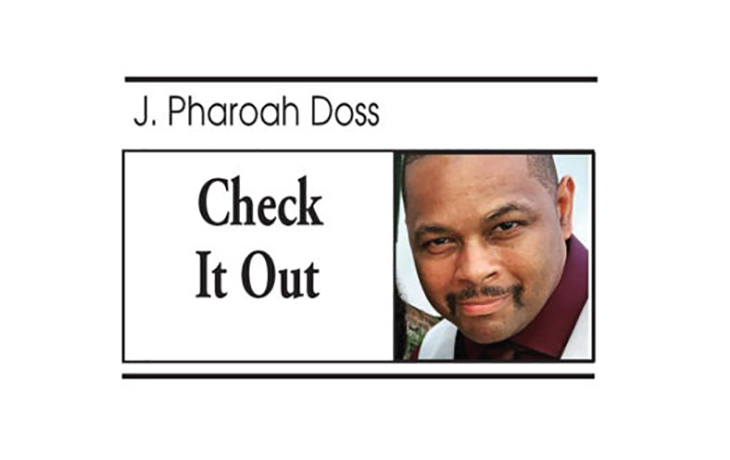by J. Pharoah Doss, For New Pittsburgh Courier
Nature vs. nurture has been debated for centuries. Police brutality can be seen through a similar lens, i.e., the nature of the job or police culture. The question is, which one has the biggest influence on police officers?
In Memphis, Tyre Nichols, a 29-year-old Black man, was assaulted by five Black police officers. Nichols died three days later in the hospital. The Black officers involved, who were members of a special unit called SCORPION, were fired and charged. The video footage revealed that what happened to Nichols was an egregious act of police brutality.
For the past decade, the national media has focused on fatal police encounters between White police officers and Black victims. This intense coverage created a national concern about a racist police culture. Since the officers involved in Nichols’ death were Black, Memphis Police Chief Cerelyn Davis told an interviewer that the Nichols incident removed the notion that the problems with law enforcement centered around race.
Apparently, Chief Davis, a Black woman who runs a police department that is 58 percent Black in a city that is 64 percent Black, didn’t endorse the cookie-cutter notion about a racist police culture.

However, a host of opinion writers believed a racist police culture was the culprit in the Nichols incident. Here are three headlines with a quote:
1). CNN: The police who killed Tyre Nichols were Black. But they might still have been driven by racism—Black cops are socialized in police departments that view certain neighborhoods as war zones. (Van Jones)
2). The Conversation: Black officers aren’t colorblind—they’re inflected by the same anti-Black bias as American society and police in general—There is ample research that anti-Blackness is a factor in American policing. And Black officers, agents of an institutionally racist system, are affected by this. (Rashad Shabazz)
3). The LA Times: What finally sunk for me on the Memphis videos? Five Black officers’ embrace of racist depravity—This isn’t a problem of Black-on-Black violence; it’s a problem of police culture. Systemic racism is the culprit. Cops of all colors embrace a bedrock notion that blackness is suspect, dangerous, and punishable by injury or death. (Erin Aubry Kaplan)
These opinion writers proposed that Black police officers are mindless blank slates programmed to become “agents of an institutionally racist system” and then “socialized to view certain neighborhoods” as war zones. Hence, Black police officers view neighborhoods as worse than they actually are.
For argument’s sake, let’s say that assessment is accurate. The question remains whether it applies to the situation in Memphis. Did the Black officers involved in the Nichols incident view neighborhoods worse than they tended to be, or were these neighborhoods worse than these Black officers realized?
Here are four headlines with a quote:
1) Fox 13-Memphis: Memphis ranked as second most dangerous city, according to new study—“Crime went down in 2018, crime is down again in 2019, but it’s not nearly what we want it to be.” Mayor Jim Strickland said.
2). Fox 13-Memphis: Violent crime continues to be a problem in Memphis and Shelby County, up almost a quarter in 2020—“It’s very clear our remaining big challenge is violent crime,” Bill Gibbons, president of the Memphis Shelby Crime Commission, said. “We have had a major uptick … When you break down the violent crime figures, it’s really the murders and aggravated assaults that have gone up.”
3). New 3-Memphis 2021: Memphis ranked as No.1 most dangerous city—Memphis leaders are making plans to reduce crime rates. However, it is reported that the city needs more police officers.
4). WREG- Memphis 2021: Concerns grow after ranked most dangerous city—A new study found that Memphis is the most dangerous city in the country and has many residents questioning their safety.
These headlines describe the nature of the job for members of the Memphis Police Department, and the department established SCORPION (Street Crimes Operation to Restore Peace in Our Neighborhoods) because the culture of violence became so overwhelming. SCORPION was a product of this environment.
This doesn’t excuse the Black police officers responsible for Nichols’ death.
The point is, if opinion writers aren’t going to blame the individuals responsible for Tyre Nichols’ death, then they need to look deeper into how the nature of the job intertwines with the police culture instead of drawing the cookie-cutter conclusion that Black officers are mindless minions doing the bidding of White supremacy.


